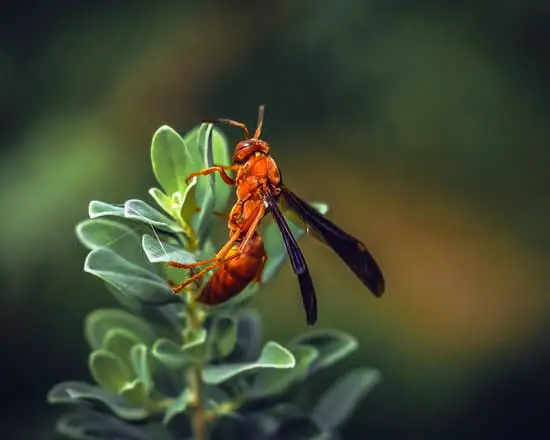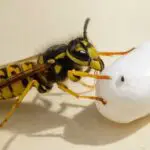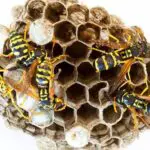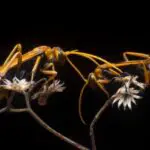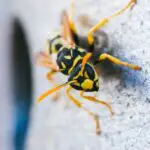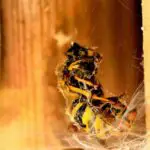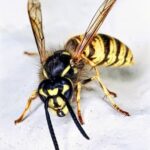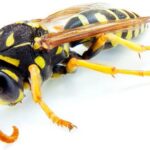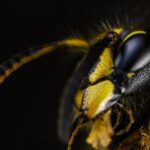Wasps and the Ecosystem
Among the many animals that help maintain the ecosystem, wasps are an essential player. They provide pollination, reduce pest populations, and regulate insect populations. In fact, wasps contribute to an ecosystem valued at more than $250 billion each year worldwide.
Researchers at University College London (UCL) recently conducted a review of the ecosystem contributions of roughly 33,000 species of stinging wasps. They compiled evidence from 500 academic papers and found that wasps provide a range of ecosystem services.
Wasps are important pollinators, helping to ensure that flowers bloom and fruit crops grow. They also prey on pest insects, providing natural pest control.
The German Wasp Vespula germanica captures crop pests such as aphids and black fly. Social wasps like mason wasps and potter wasps are master architects, constructing elaborate nests. These colonies may be useful in local pest control.
Wasps are also important environmental monitoring tools. Scientists can use them to help identify diseases in plants and insects, and their venom has the potential to develop new medicines.
Wasps play an important role in nutrient cycling. They decompose biomass, releasing nutrients into the soil. They also help clean decaying fruit.
Wasps provide crucial ecosystem services, and their decline is causing problems for the environment. Scientists have suggested that climate change may be a factor. However, it’s still unclear why insect populations are declining. As a result, scientists are working to find solutions that will protect the environment. In fact, enlisting wasps to help control pests on high-value crops can help protect the economy.
